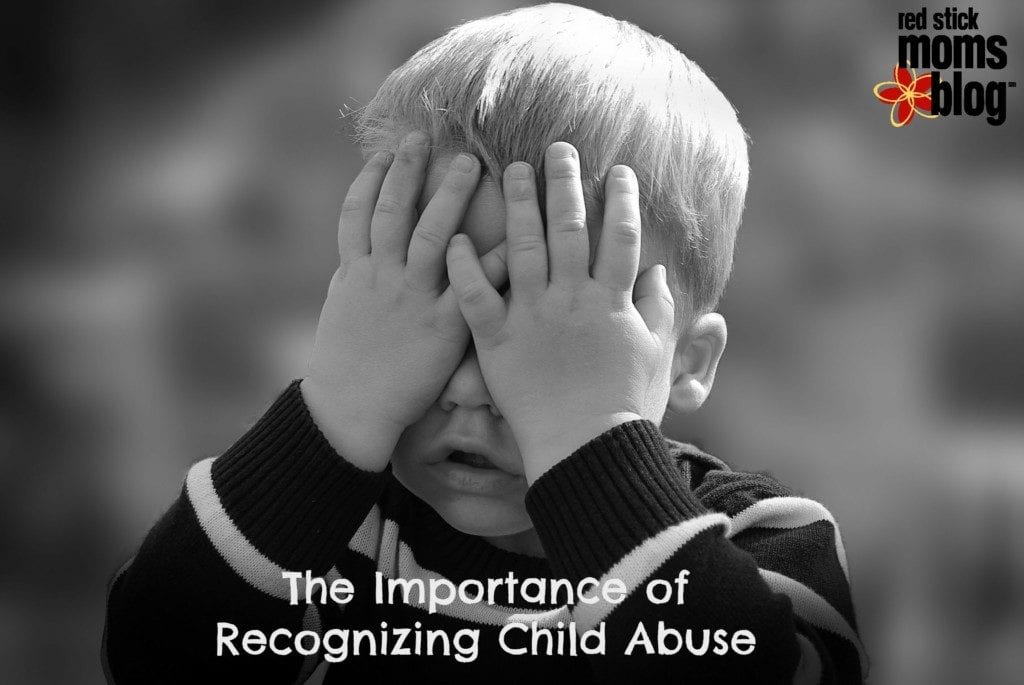The Importance of Recognizing Child Abuse {and How to Prevent It}
 Child abuse comes in a number of different forms but can have lasting, devastating effects on the victims and their families. The psychological damage that can come as a result of abuse can last for years, well into adulthood, and can lead to substance abuse issues, legal battles, and a cycle of violence and neglect that affects future generations. It’s imperative, then, that we know what the different types of abuse are, how to spot the warning signs, and how to keep it out of our own homes.
Child abuse comes in a number of different forms but can have lasting, devastating effects on the victims and their families. The psychological damage that can come as a result of abuse can last for years, well into adulthood, and can lead to substance abuse issues, legal battles, and a cycle of violence and neglect that affects future generations. It’s imperative, then, that we know what the different types of abuse are, how to spot the warning signs, and how to keep it out of our own homes.
The CDC (Center for Disease Control) estimates that 1 in 7 children suffered from some form of abuse in the past year. In 2014, over 700,000 children were affected by it, and over 1,500 children died as the result of it. This very real problem is sometimes dismissed by those who believe that physical violence is the only type of abuse that can be inflicted upon a child, but that is only one aspect; there’s also emotional abuse, psychological abuse, emotional abuse, and sexual abuse. The victims are much more likely to have behavioral or emotional problems as they continue through their teen and young adult years, and many are at risk for drug and alcohol addiction, depression and suicide, and eating disorders.
Recognizing Child Abuse
Examples of child abuse can include physical abuse, such as hitting, kicking, or shaking; neglect of any kind, including not meeting a child’s needs for food, shelter, clothing, or education; emotional abuse, such as shaming, threatening, or name-calling; and sexual abuse, including physically abusing a child or exposing him/her to sex acts.
In many of these cases, the abuser may not 

Preventing Child Abuse
It can be easy to lose patience with a small child, especially if you have to repeat yourself often, but if you feel yourself losing control it’s imperative to take a step back, take a deep breath, and remove yourself from the situation for a moment. Sometimes it’s important to call up a friend and vent about work and relationship stress to get those negative emotions out before they manifest themselves in other ways. Don’t hesitate to ask for help if you feel you are losing control where your child is concerned.
It can also be helpful to actively find ways to bond with your child and make your family unit stronger. Set aside a certain amount of time every day to help with homework or just talk about their day. Let them know that no matter what happens, you love them and will always be there for them. Strengthening your family can help prevent behavioral issues that can lead to stress.
If you recognize signs of abuse in someone you care about, help is available. It’s never too late to step in and make a difference.
About Sean Morris
![]()
![]()
















